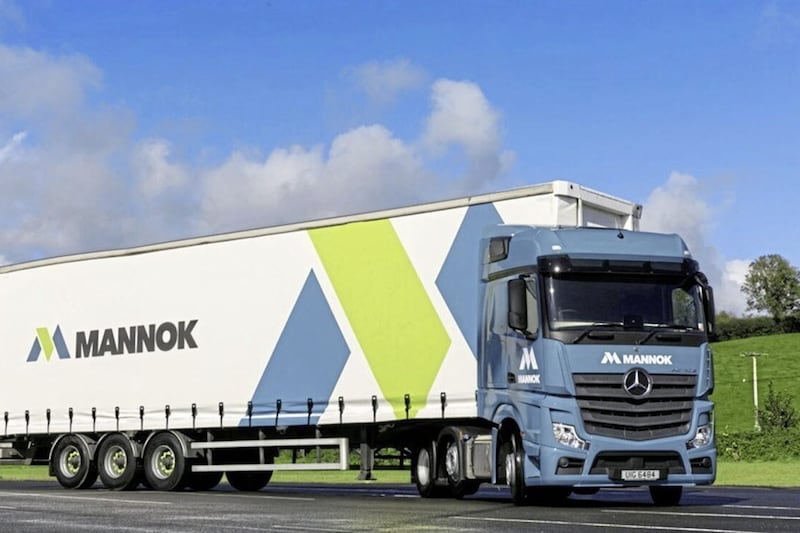HIGHER energy and raw material costs have weighed heavily on Fermanagh and Cavan industrial giant Mannok Holdings after its revenues rose in 2021 but earnings diminished.
Sales at Mannok, formerly known as Quinn Industrial Holdings, were up 16 per cent from €233.2 million (just shy of £200m) to €269.9 million (£231m) on the back of good volume growth and customer demand.
But earnings before interest, tax, depreciation and amortisation, at €25.8m (£22m), were lower that the previous year's figure of €31.1m (£26.6m) as a result of substantial cost absorption, mainly from mid-year.
In that time, its energy bill rose by a whopping 66 per cent, carbon credits increased from €33 per tonne at the beginning of the year to €80 by year-end, and its insulation business was particularly badly hit as a result of a temporary global shortage of raw materials.
Mannok, which has a staff of 830, manufactures cement, concrete, quarry and aggregate products and insulation materials, as well as packaging products, mainly for the food industry.
Its main base occupies a two-mile stretch of road straddling the border between Derrylin in the north and Cavan in the Republic, and it is one of the largest employers and contributors to the social and economic prosperity of the region.
But despite the profits setback, the company said it was seeing resilient demand, supported by stronger cost recovery.
It also said that a levelling out of energy prices has driven stronger profitability since the start of 2022 after two challenging quarters.
Chief executive Liam McCaffrey said Mannok has undergone "a quiet but determined transformation" over recent years, growing and sustaining employment, driving profitability and investing for the future.
He added: "2021 saw another strong performance despite unprecedented energy price hikes, a near tripling of the cost of carbon credits, as well as temporary global supply chain issues, most notably for our insulation business.
"Lean production and investment of over €78.5m over recent years have mitigated these short-term impacts and the outlook for 2022, based on trading to date and resilient demand, is positive."
He said that decarbonising the company's operations is a commercial, as well as an environmental, imperative.
"We have now developed ambitious plans to entirely decarbonise our fleet and to develop and utilise wind and solar energy as well as hydrogen and oxygen generation and deployment solutions, to power our manufacturing plants," Mr McCaffrey said.
"This will result in circular, self-sustaining manufacturing sites that will transform the production of cement, and construction products in particular, and underpin shareholder value."
In tandem with its results release, Mannok also published its sustainability roadmap, which sets out its commitment to reduce carbon emissions by 33 per cent by 2030 and achieve net zero by 2050.
The measures will require a more than €200m green investment to transform production and distribution processes into one of the cleanest in its industry.
Operations director Kevin Lunney said the green goals the company has set are ambitious, with a total of 36 detailed targets to achieve by 2030.
"Our plans will require significant innovation and technological development over the next number of years and will involve a very significant collaborative effort with all our people, our academic and business partners and the local community," he said.
"We are confident that planned investment will make a significant contribution to the long-term sustainability of our sector and our region."







